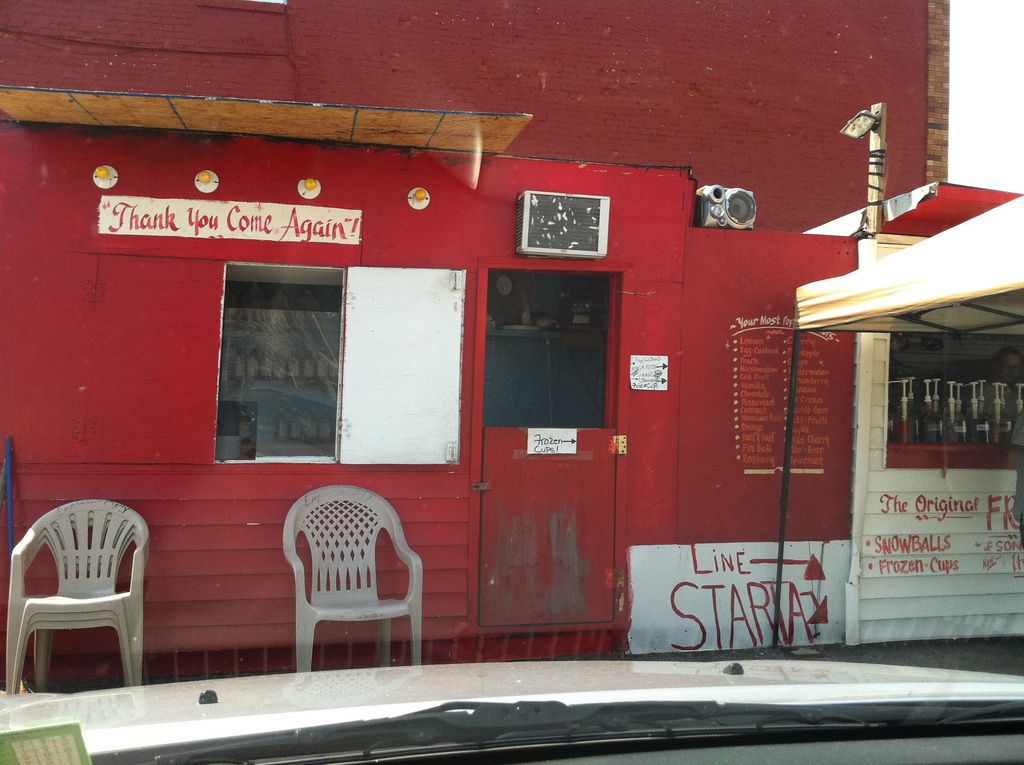On N.W.A., truth in journalism, and free speech.

I don’t know why I am so interested in social justice. I don’t know why I am so sympathetic to the plight of African-Americans. I think it started when I was in grad school and read Random Family while researching the War on Drugs for a design project. Or maybe it was before that, when Will and I watched a documentary on Brown v Board of Education at the Tribeca Film Festival while in New York for a wedding.
Stories change brain chemistry, affecting the way we think and act.
Or maybe it was way, way before that, when, as a very young mother in 1990, I couldn’t stop reading about the Holocaust, lugging home piles of books to our tiny lakeside cabin in Pagosa Springs from the Durango Public Library, engrossed in the horrors of Auschwitz and Treblinka while Seth played Legos and I nursed Michaela in that blue velvet rocker from Sears Roebuck. Like it or not, there are ugly parallels between the Holocaust and racism in America.
“Seek first to understand, then to be understood.” Steven Covey had it right.
I read Native Son and watched the Wire, lived in DC and Baltimore and watched Fresh. My daughter had a baby with a black man. David Simon is my hero and I am so inspired by Ta-Nehisi Coates. I cannot not see race; to pretend like it doesn’t exist is not an option for me. So I seek it out, stories that are not mine, to better understand and empathize. To imagine what it might be like to live outside of the white privilege power structure. Last night, I learned about the history of N.W.A. via the film Straight Outta Compton. A group I was never really exposed to because that story is not mine. But a story I want to know for that very reason.
Adrienne Green writes in the Atlantic:
“At a time when the #BlackLivesMatter movement and increased coverage of police killings is dominating the public discourse, Straight Outta Compton raises questions about the responsibility of rap artists in bearing witness, as N.W.A. did, to the problems affecting their communities.
Hip hop has historically been one of the ways for black Americans to see a reflection of their lives in mainstream art, and the ’80s and ’90s were no different. “Rap was the black community’s CNN,” says Akil Houston, a hip-hop scholar, DJ, and assistant professor at Ohio University. In Straight Outta Compton, N.W.A. believes as much. “Our art is a reflection of our reality,” says Ice Cube (played by Ice Cube’s son, O’Shea Jackson Jr.) in the film. He even refers to himself as a journalist who’s “reporting on his community” more honestly than the media itself. When N.W.A.’s manager urges the group to work instead of watching a video of the officers on trial for the Rodney King beatings, they answer: This is the work.”